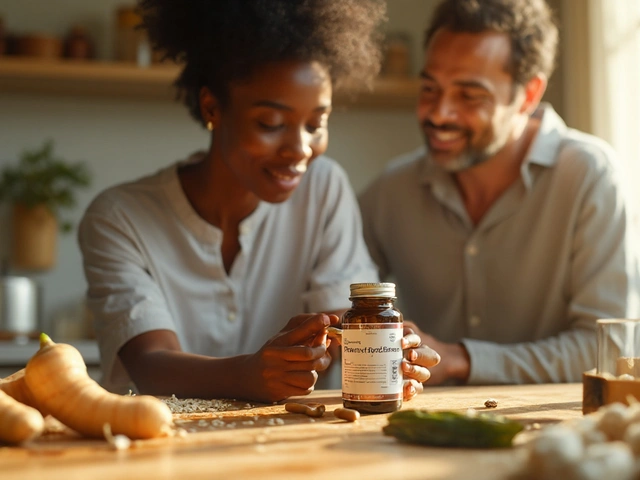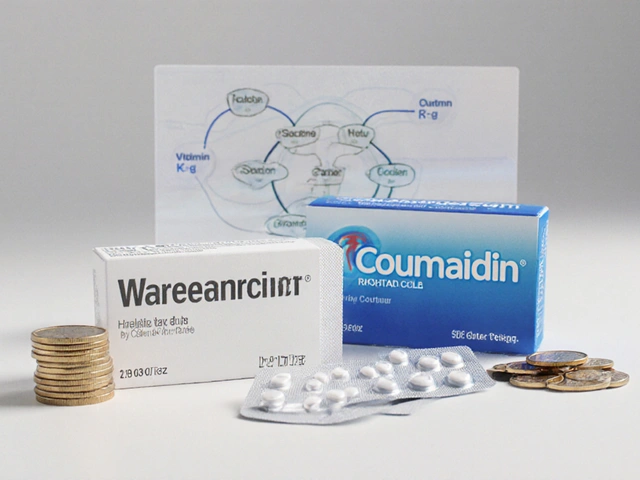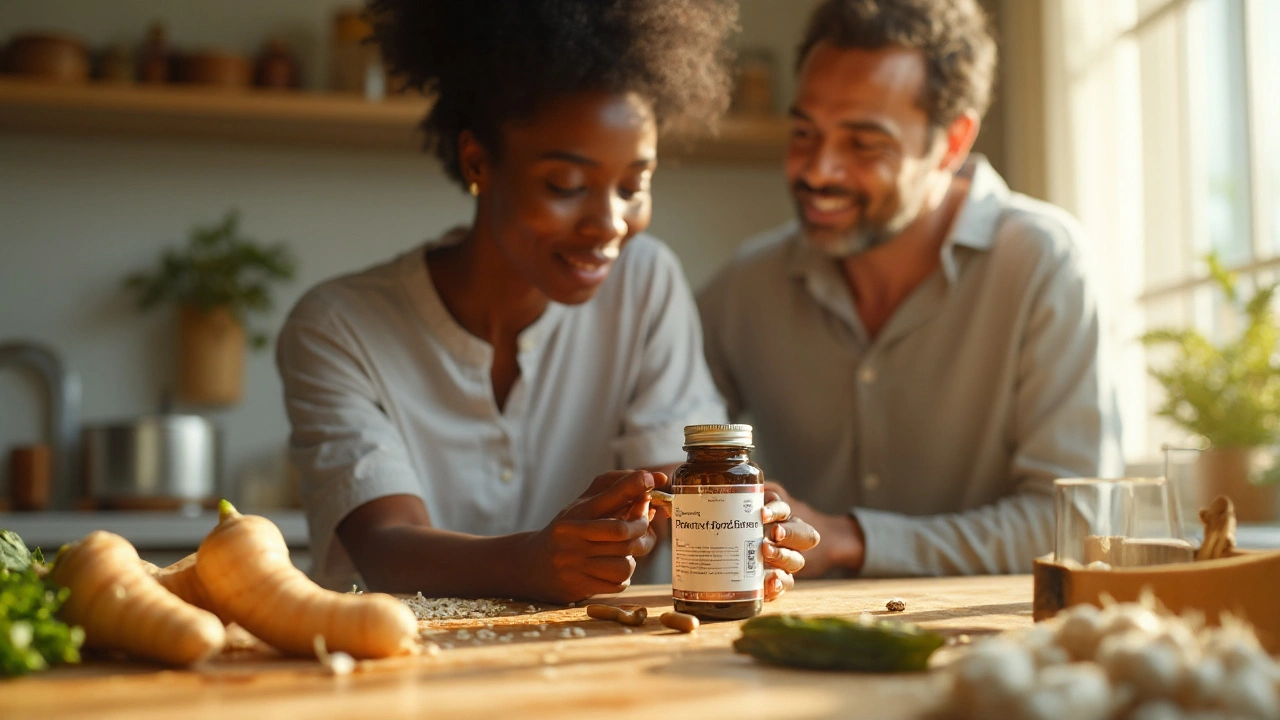Gut health: what meds, food, and supplements really do
Your gut affects energy, mood, and how you absorb meds. Certain antibiotics, supplements, and even weight-loss drugs can change your gut bacteria fast. Knowing what helps and what harms keeps digestion steady and cuts down side effects like diarrhea or bloating.
Antibiotics and your microbiome
Common antibiotics like azithromycin (Zithromax), clarithromycin (Biaxin), metronidazole (Flagyl), and amoxicillin wipe out bad bugs — and a lot of good ones too. That can cause loose stools, yeast overgrowth, or longer-term shifts in digestion. If your doctor switches drugs because one didn’t work, ask about gut impact; some alternatives are gentler on gut flora.
Practical point: if you get antibiotic-associated diarrhea, ask your provider about Saccharomyces boulardii or Lactobacillus rhamnosus GG. These have the best evidence for preventing and shortening antibiotic-related diarrhea. Take the probiotic a couple of hours after your antibiotic dose, not at the exact same time.
Practical steps to protect and rebuild your gut
Start with food. Add fiber-rich choices like oats, apples, beans, and flaxseed to feed good bacteria. Fermented foods — yogurt with live cultures, kefir, miso, and sauerkraut — add helpful microbes back slowly. If you have SIBO or IBS, ask your clinician before loading up on fermentable fibers; some people feel worse with certain prebiotics.
Choose evidence-backed probiotics when needed. Look for product labels with strain names and colony counts, and prefer strains studied for your issue (for antibiotic-associated diarrhea, see S. boulardii and L. rhamnosus GG). Supplements aren’t magic — pick them for a clear goal and stop if symptoms worsen.
Mind medications beyond antibiotics. Drugs like proton pump inhibitors, some antidepressants, and metformin can change gut bacteria too. If you notice new digestive issues after starting a med, tell your prescriber. There are often alternatives or dosage tweaks that help.
Small daily habits matter: stay hydrated, move regularly, get enough sleep, and cut back on ultra-processed foods. Stress affects digestion—simple breathing or short walks after meals often help with bloating and gut discomfort.
When to get help: persistent diarrhea or constipation lasting more than two weeks, blood in stool, unexplained weight loss, severe abdominal pain, or repeated infections. These signs need a clinician, not self-treatment.
Want deeper reads? Our site has clear guides on how specific antibiotics affect the gut, safe alternatives to common meds, and supplements that support liver and gut health. Check articles on Zithromax, Flagyl alternatives, and the semaglutide piece about fatty liver to learn how treatments tie into digestion and overall gut recovery.
Protecting your gut is about smart choices, not strict rules. Use meds when needed, add targeted probiotics, eat fiber and fermented foods, and ask your provider if gut symptoms appear. Small changes often make the biggest difference.
Parsnip Supplement Benefits in 2025: Gut Health, Blood Pressure, and Energy Explained
Parsnip supplements can support gut health, blood pressure, and steady energy. See the science, dosages, safety, and how to buy smart in 2025.
Exercise and Constipation: How Physical Activity Can Improve Your Gut Health
As a blogger, I've recently delved into the fascinating connection between exercise and constipation. It turns out that physical activity can significantly improve our gut health by stimulating the muscles in our digestive system. This helps to move waste through our intestines more efficiently, preventing constipation. I highly recommend incorporating regular exercise, such as walking or yoga, to help maintain a healthy gut. Not only will you feel better overall, but you'll also experience the added benefit of improved digestion.
About
Nutrition and Supplements, Health and Wellness
Latest Posts


Rheumatoid Arthritis Remission: Treat-to-Target Strategies That Work
By Marcel Kornblum Dec 18, 2025

Parsnip Supplement Benefits in 2025: Gut Health, Blood Pressure, and Energy Explained
By Marcel Kornblum Aug 27, 2025

Buy Cheap Generic Warfarin Online - Affordable Anticoagulant Guide 2025
By Marcel Kornblum Oct 1, 2025


